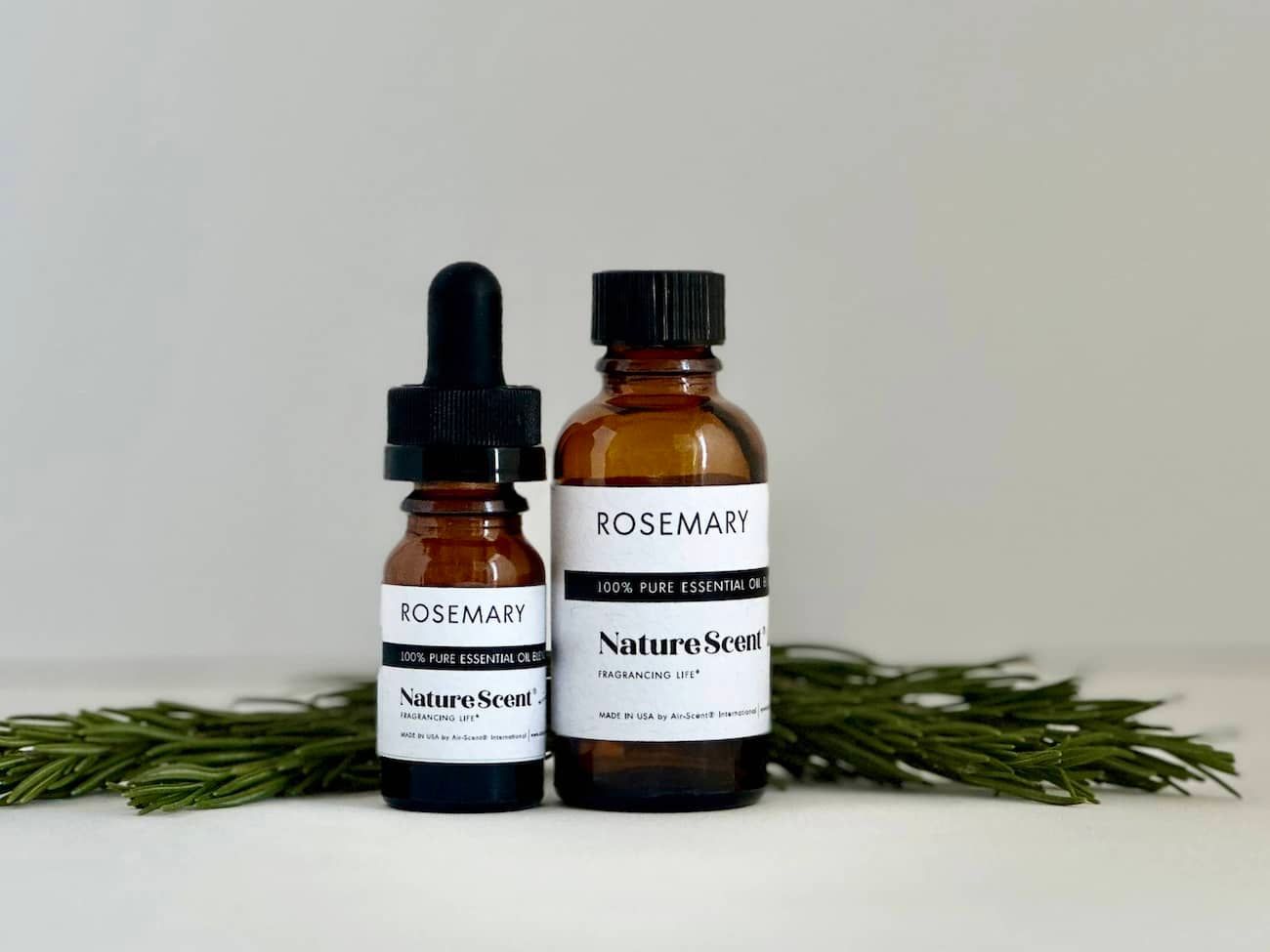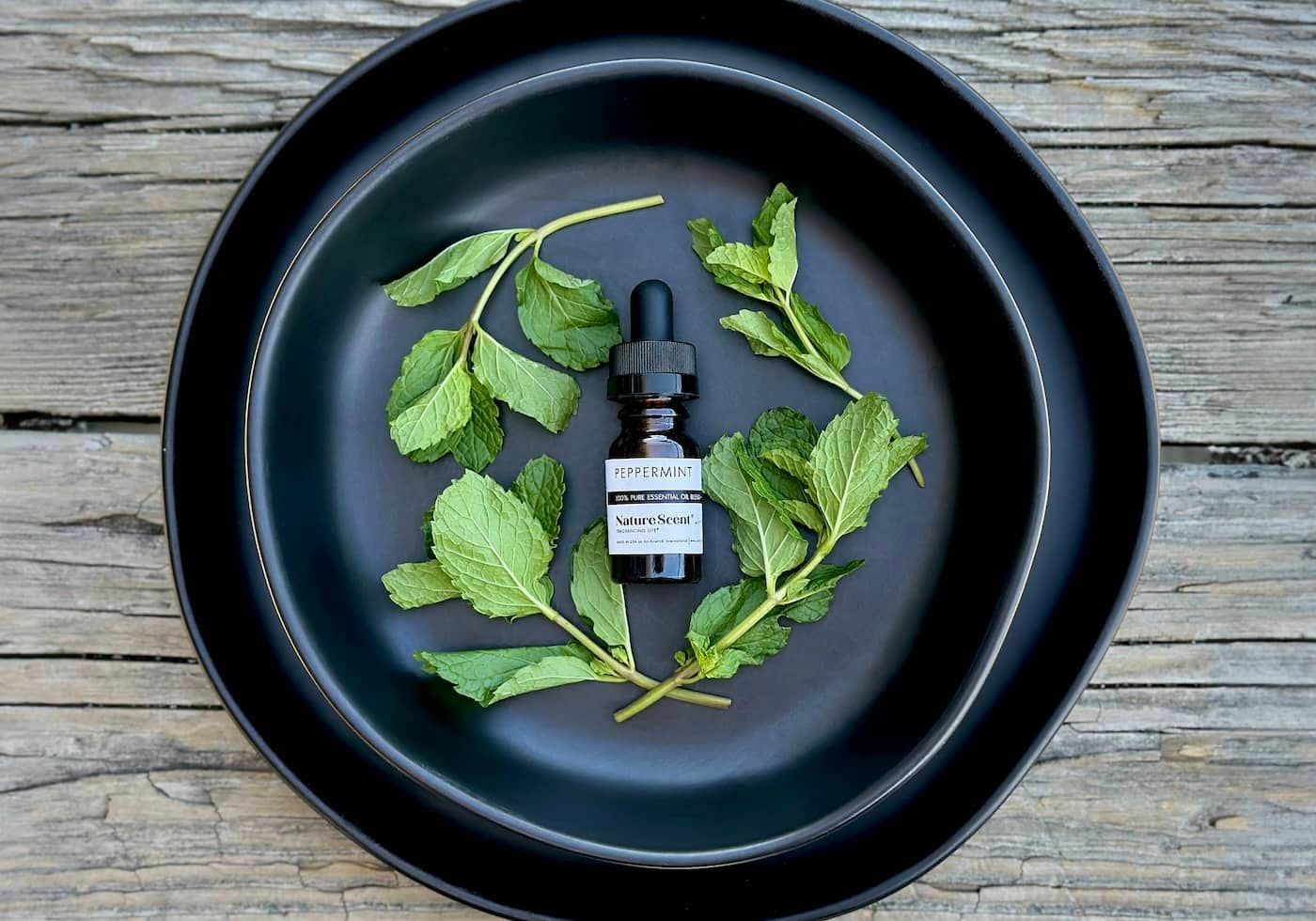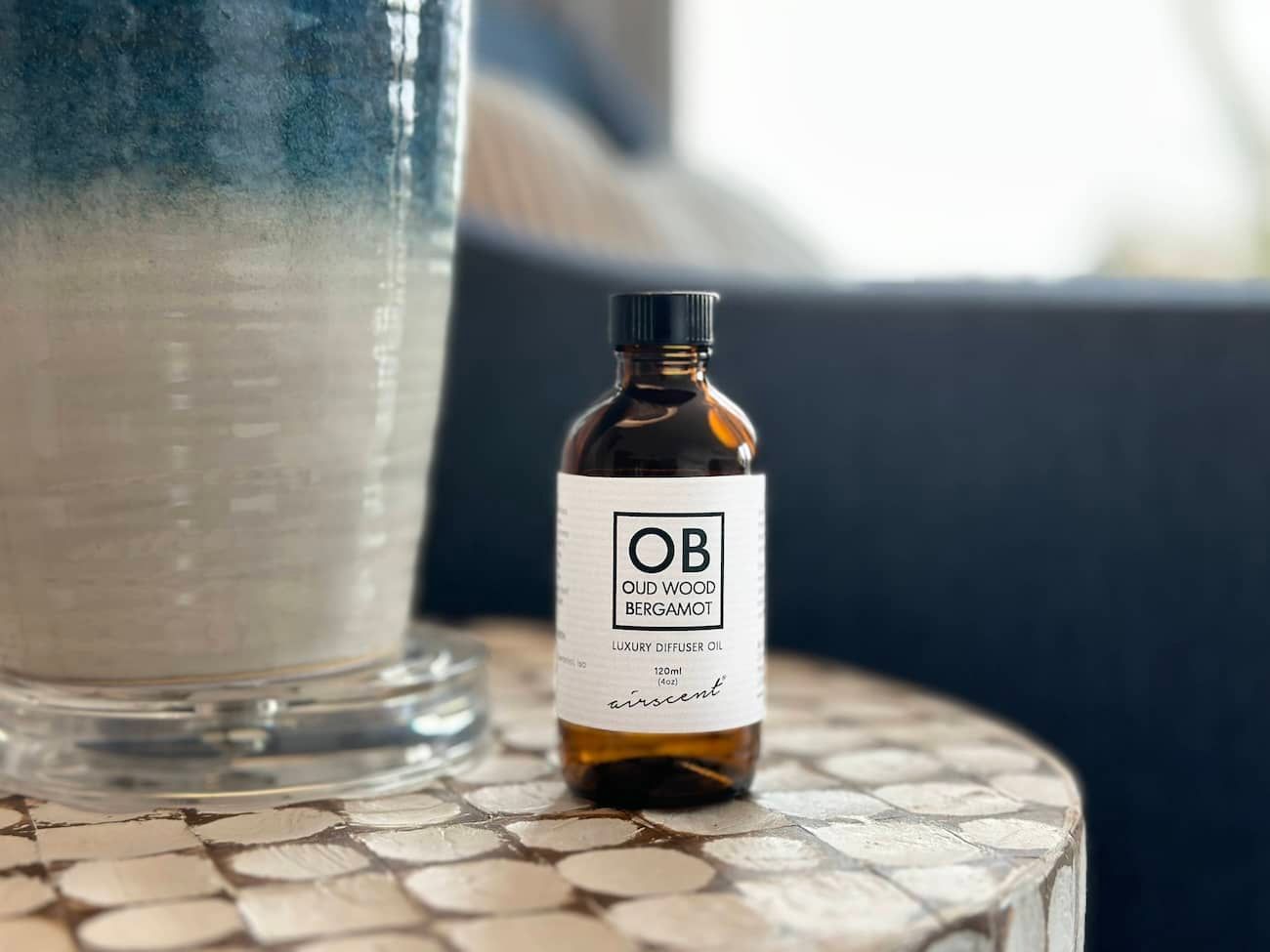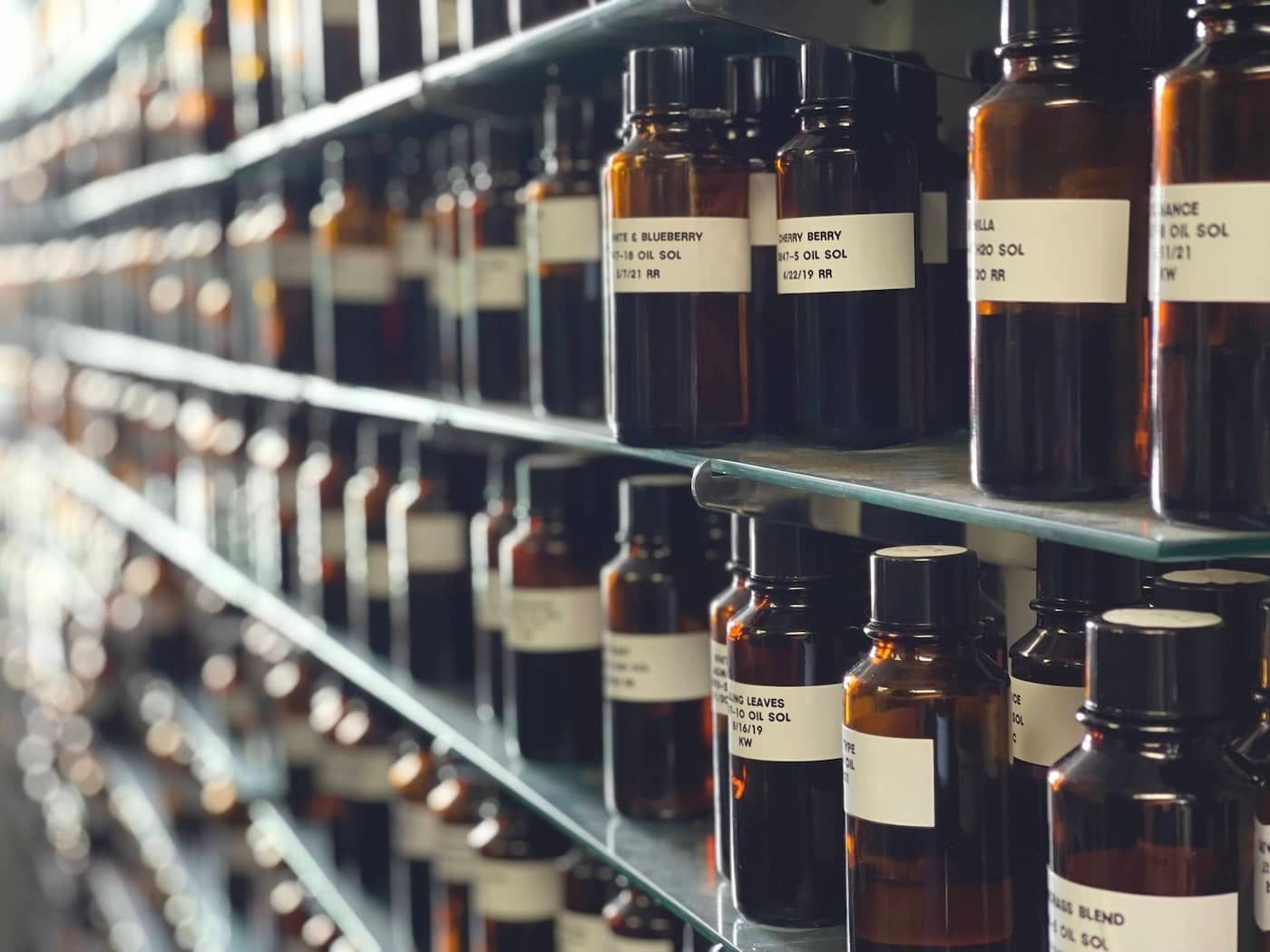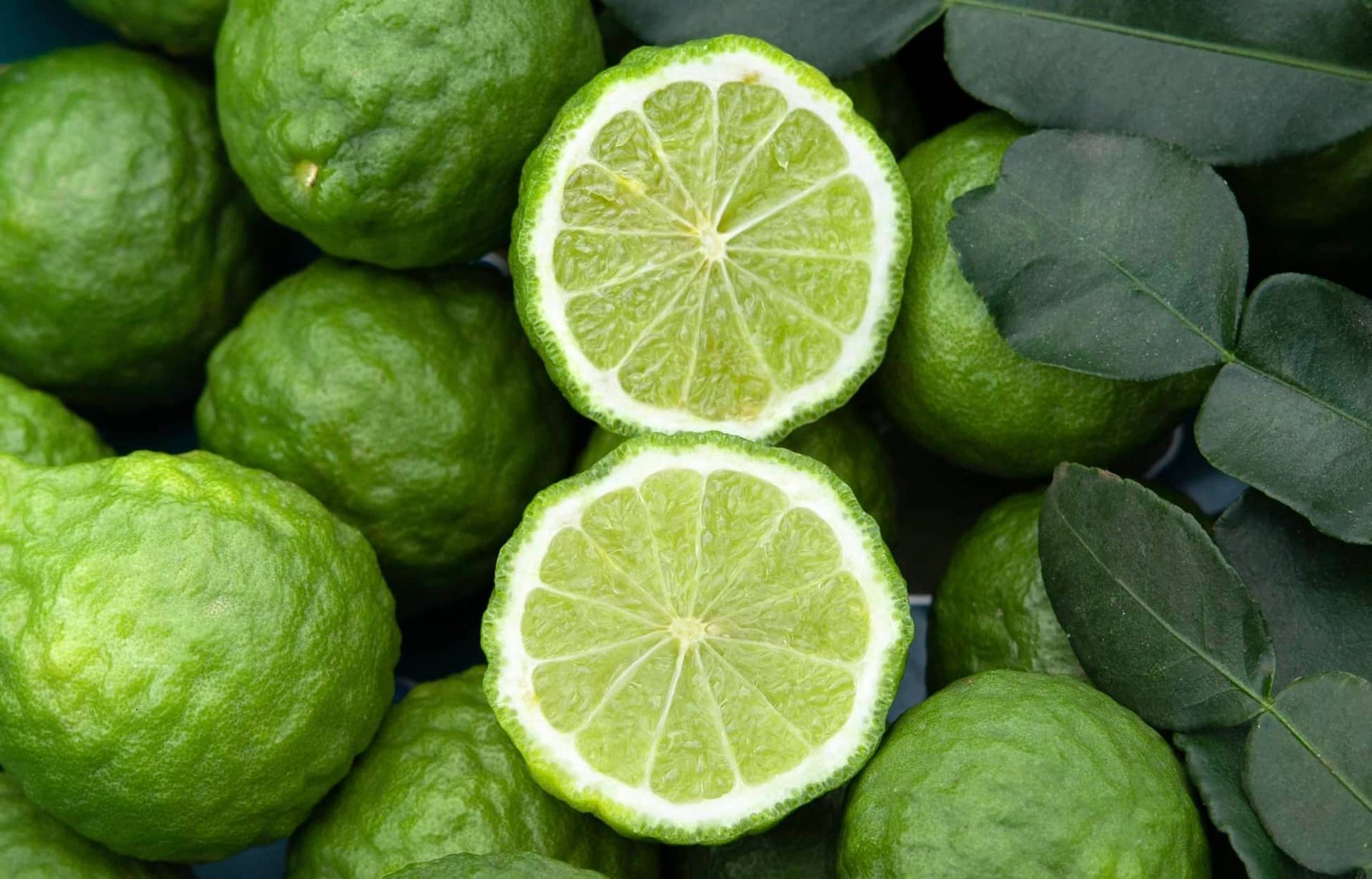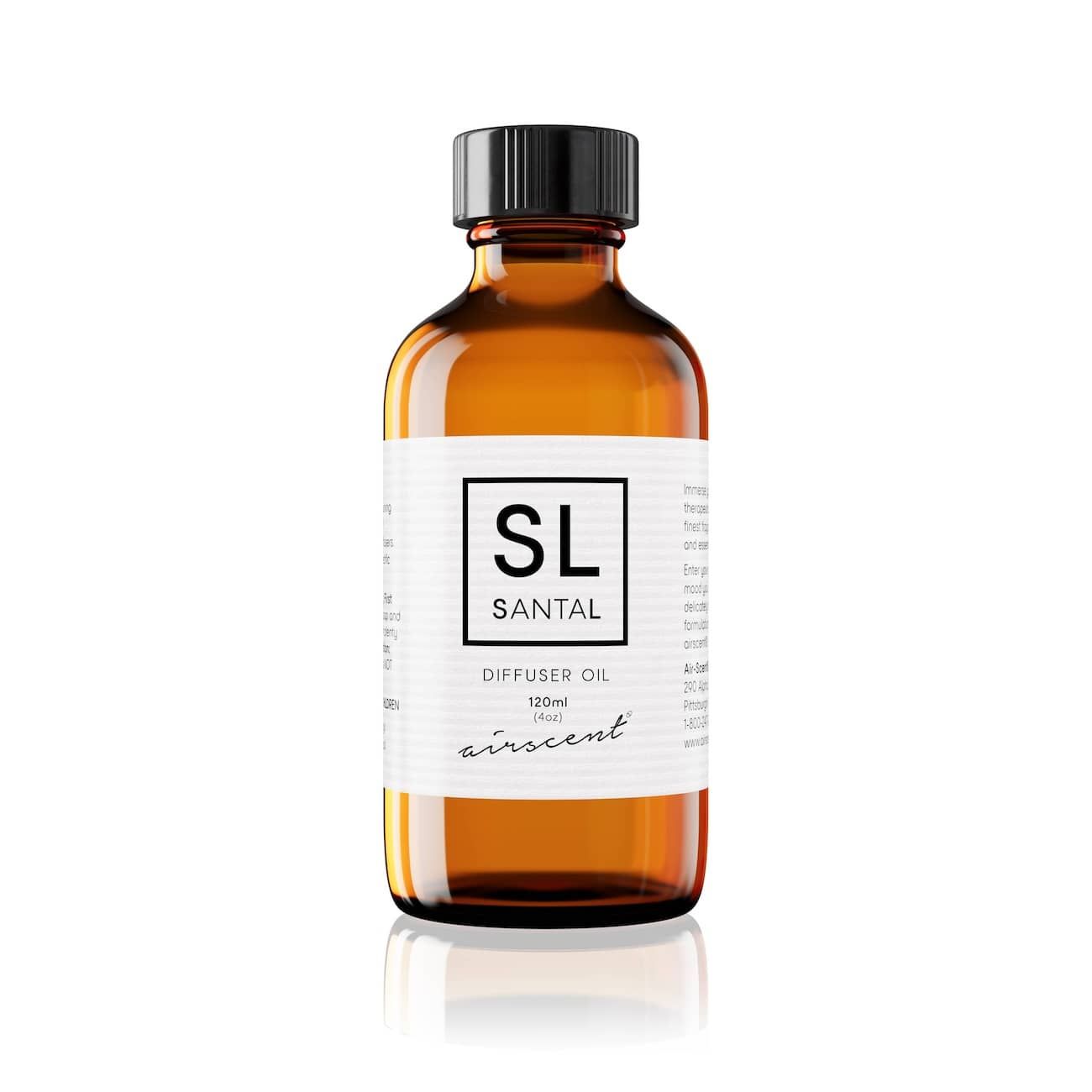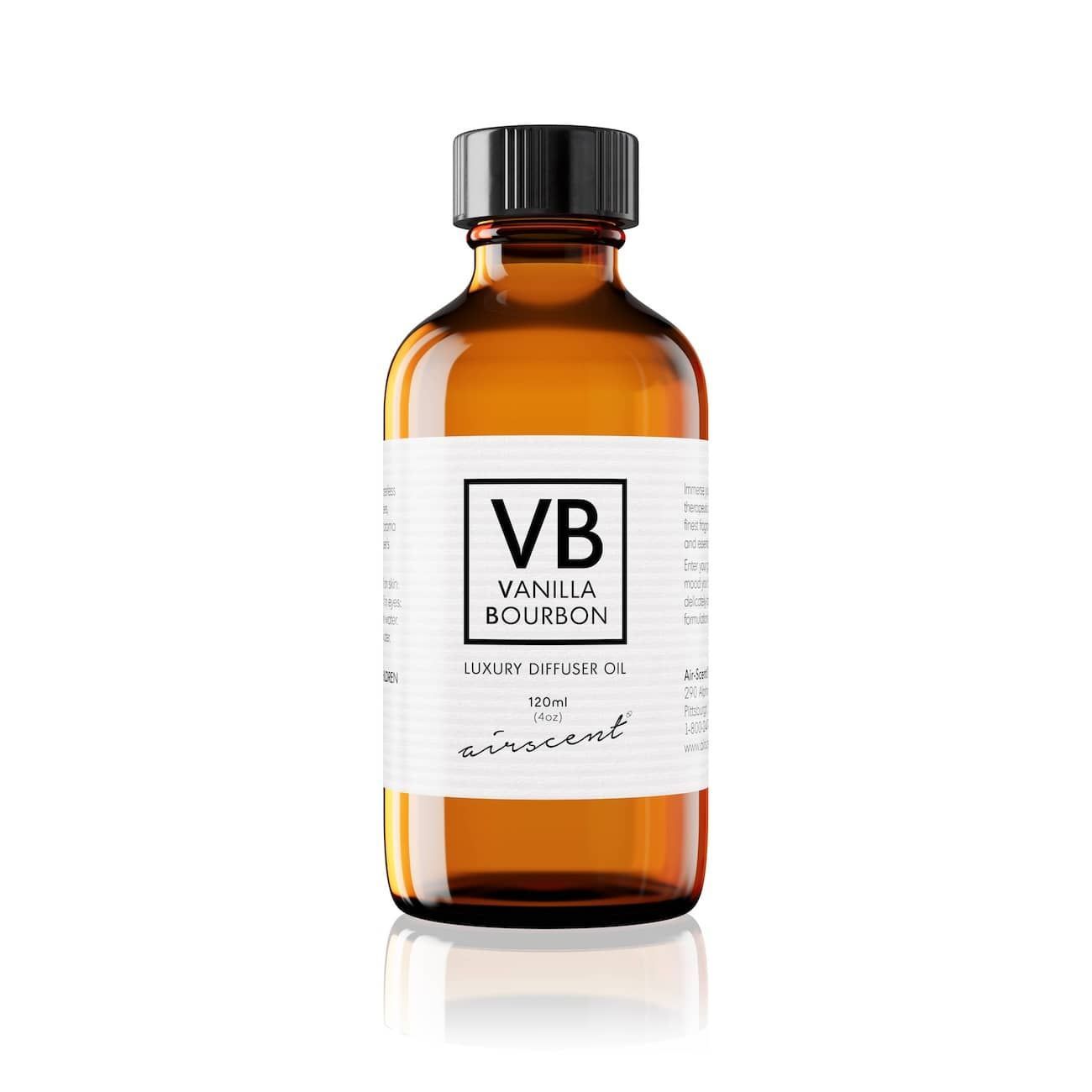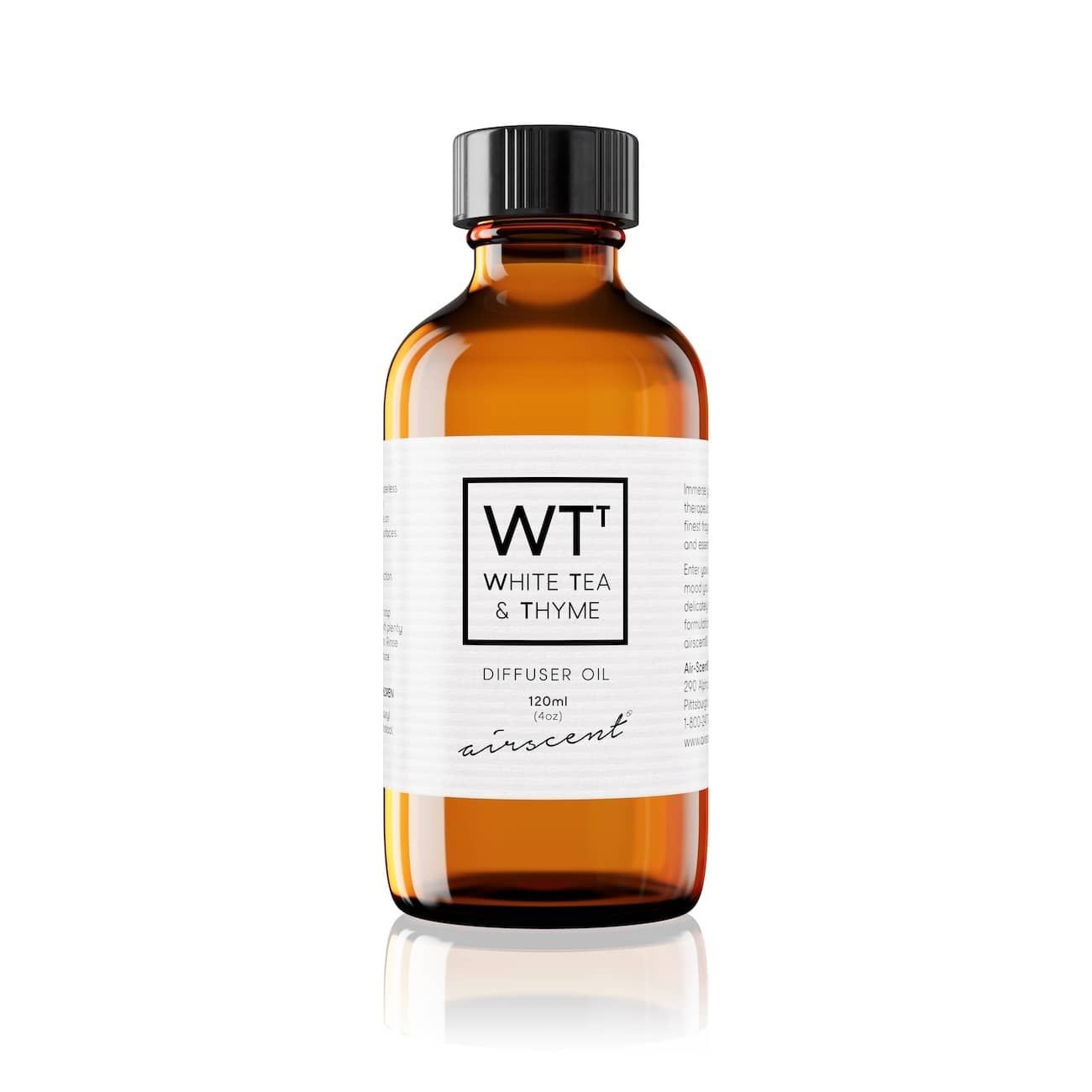The Difference Between Essential Oils and Diffuser Oils
More and more scenting as a venue has been incorporated into our modern way of life, seeping pleasantly both into our work spaces and the sanctity of our homes, thanks to the vast selections of fragrances we offer.
Beautiful intricate aromas derived from both essential and diffuser oils, can create an ambiance that is peaceful and soothing.
Understandably, people often confuse these two substances, and the fact that the terms, diffuser, aroma and fragrance oils are used interchangeably does not help to clarify the matter.
While many people use these two type of oils for similar purposes, their chemical compositions and properties are vastly different.
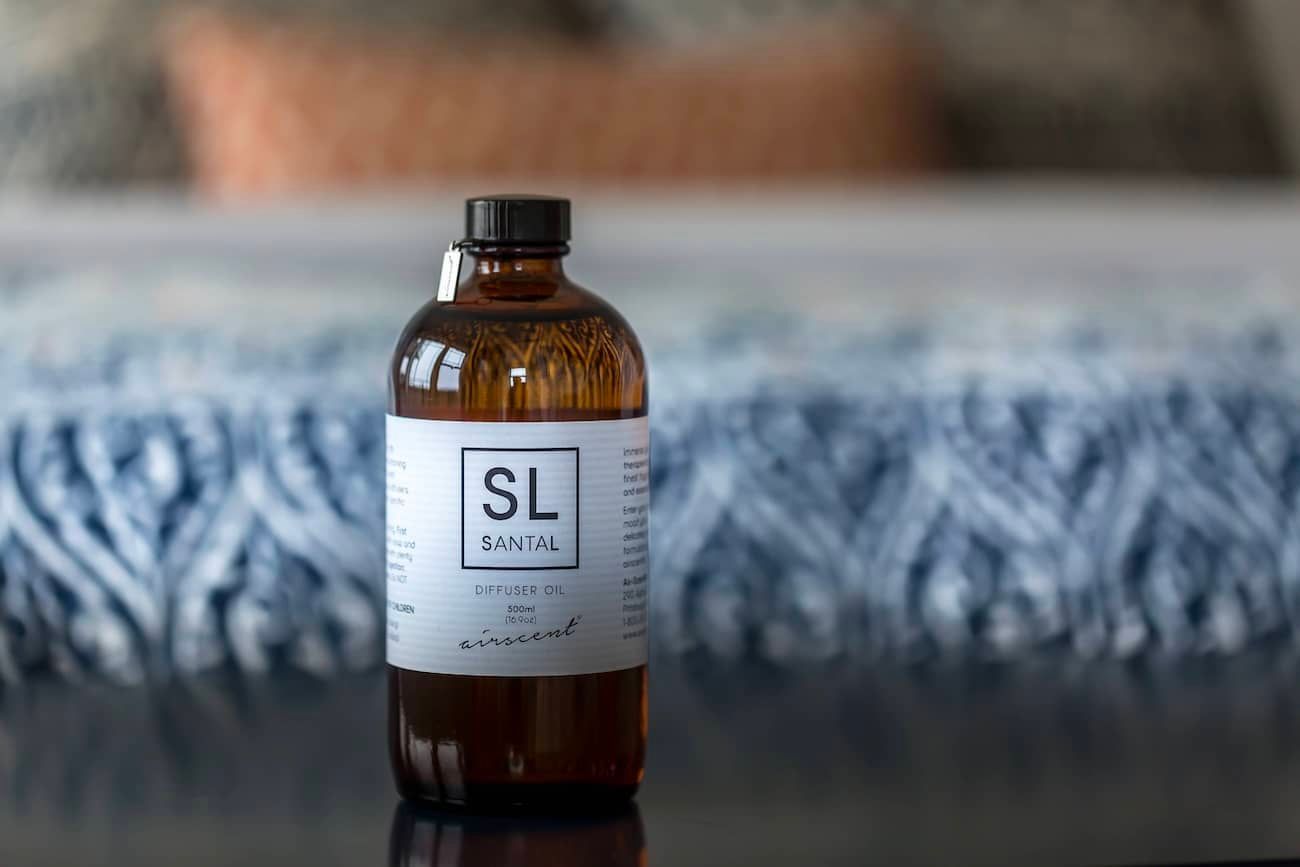
Diffuser oils do contain essential oils, but they are also blended with other ingredients to create oils for use in various forms of diffusers.
The reason why essential oils alone are not the best choice for use with diffusers is because they can often clog the nozzle, and they are often extremely costly.
This is a double edged sword, so to speak, because it is also true that low quality ingredients can be negatively perceived.
What Exactly Are Essential Oils
Basically, essential oils are the true essence of the plant, and collectively, they represent the most fragrant gift Mother Nature bestows upon the perfume industry.
They are derived from the roots, seeds, bark, blossoms, leaves, stems and even the woody elements of the plant.
These are removed either via steam distillation or solvent extraction, and it can take several pounds of a plant to produce a single bottle of essential oil.
They are a mainstay in the practice of aromatherapy where they are used to bolster physical, mental, and emotional health.
These oils gain ingress via skin during a bath or massage or the nose through a diffuser or humidifier.
The moniker, essential oil, reflects the fact that they are considered the ‘essence’ of a natural material, and they contain the purest concentration (100%) of a plant’s scent and its many health benefits.
Almost every culture known to man since the dawn of time has harnessed the power of essential oils to treat physical and mental maladies.
It's important to note that essential oils do not burn when heated. Rather, they evaporate into the air, which makes them safe to use.
Relevant Research About The Benefits of Essential Oils
Lab results in human clinical trials vary, and more research is needed. Some studies indicate that there are many benefits associated with essential oils while others reveal no improvement in symptoms.
The most promising results come from a 2018 study conducted at the John Hopkins Bloomberg School of Public Health and published in the journal, Antibiotics.
In the words of the study’s senior author, Ying Zhang: "We found that some essential oils were even better at killing the 'persister' forms of Lyme bacteria than standard Lyme antibiotics.”
Integrated Medical Specialist, Yufang Lin, MD states: “Essential oils… have many benefits. The problem lies in how people use them. Plants are made of structural materials and phytochemicals. These chemicals have properties that not only benefit the plant but benefit people, too. Because it takes so much of the plant to make an essential oil, it’s a powerful botanical medicine…It is a good idea not to use them routinely, as your body can get used to them, lowering their effectiveness.”
What Exactly Are Diffuser Oils?
One of the most significant differences between essential oils and diffuser oils is the fact that diffuser oils are manufactured and contain synthetic ingredients that simulate natural scents.
Diffuser oils are created in laboratories and while synthetic elements are always a part of the formulation, they can and often do contain some natural aspects.
Most importantly, the creation of a diffuser oils is where the true artistry of perfumery comes into play.
Perfumers compose diffuser oils with essential oils and complex blends of aromatic notes and ingredients with the understanding that the purpose of the fragrance profile is to evoke particular nostalgic
feelings and sensations such as: warm and fuzzy, soft and gentle, bold and sexy and an endless array of subconscious impetuses.
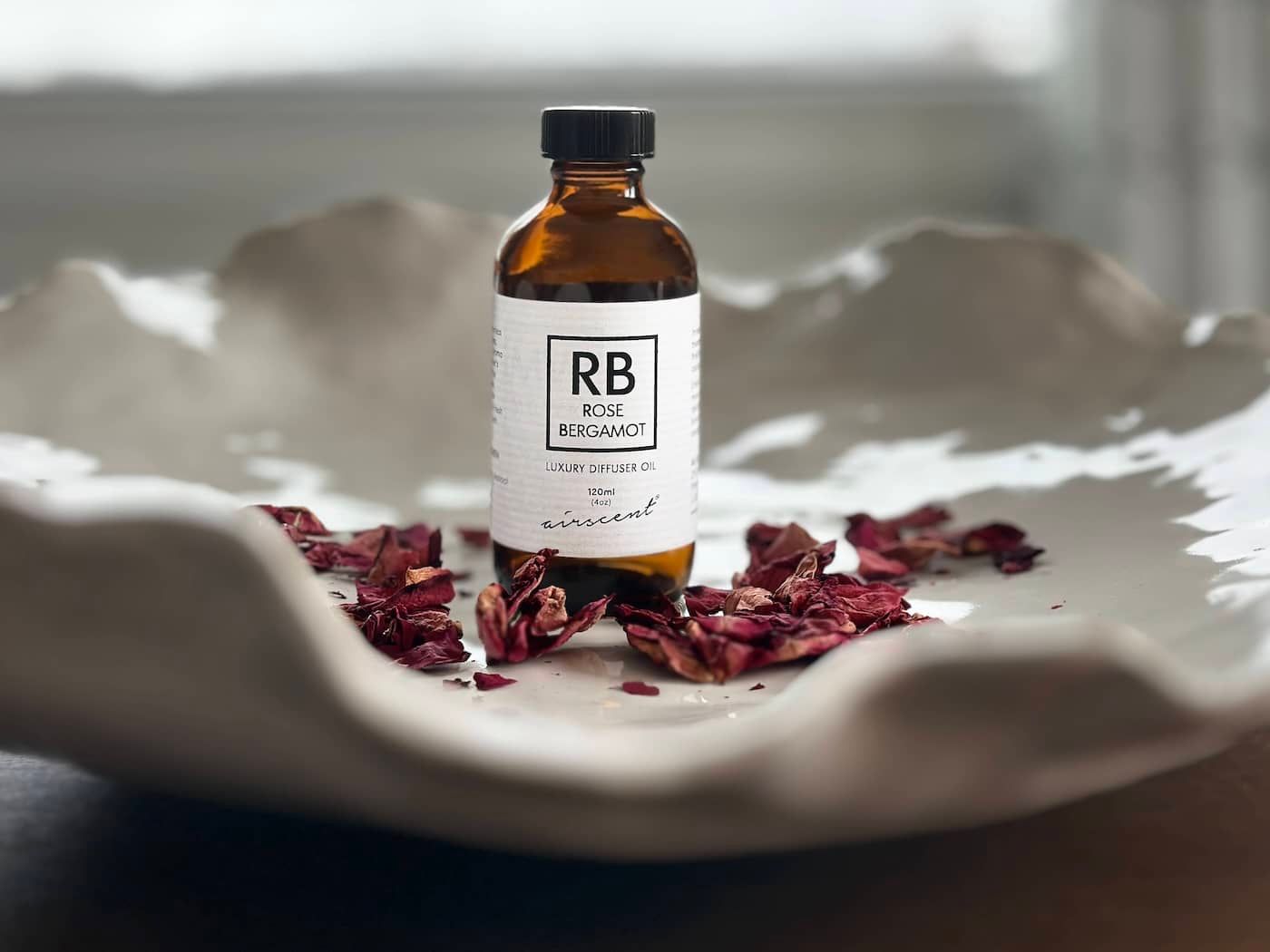
A diffuser oil fragrance truly represents the art form of a perfumer, whereby diverse aromatic notes are strategically fused together into singular, captivating fragrances.
They embody the essence of creativity and fragrance innovation, and the process requires a full understanding of chemistry, the fragrance wheel, fragrance families, and how various ingredients blend together to create the top, middle and base notes of a fragrance.
In fact, the number of fragrances in a perfume can vary widely, but typically, a diffuser oil or perfume can contain anywhere from 10 to 30 different fragrances!
These synthetic ingredients when blended together have a myriad of uses and are often used to manufacture perfumes that are then added to cosmetic, personal care and the products including: cosmetics, soaps, candles and even pet products.
While they lack the suggested health benefits associated with essential oils, a diffuser oil blend often evokes memories and emotions that in turn, may have effects on mental well being.
Happy Fragrance, Whatever Your Choice Of Oil
While essential oils and diffuser oils may have their distinctions, both offer delightful options for scent enthusiasts.
Essential oils, derived directly from plants, provide natural aromas and potential health benefits, catering to those seeking holistic wellness.
On the other hand, diffuser oils, crafted synthetically, offer a diverse range of scents, allowing for creativity and versatility in fragrance creation.
Whether you prioritize natural purity or artistic expression, both essential and diffuser oils present viable choices, each with unique benefits to enhance your sensory experience and well-being.
Recent Posts
Our Most Beloved Fragrance Oils
Newsletter
We will get back to you as soon as possible.
Please try again later.
SITEMAP
BRANDS
CONNECT WITH US
290H Alpha Drive,
Pittsburgh, PA. 15238 USA
HOURS OF OPERATION
8am - 5pm (Monday - Friday)
All Rights Reserved | Air-Scent Diffusers | From Perfumer to Consumer


